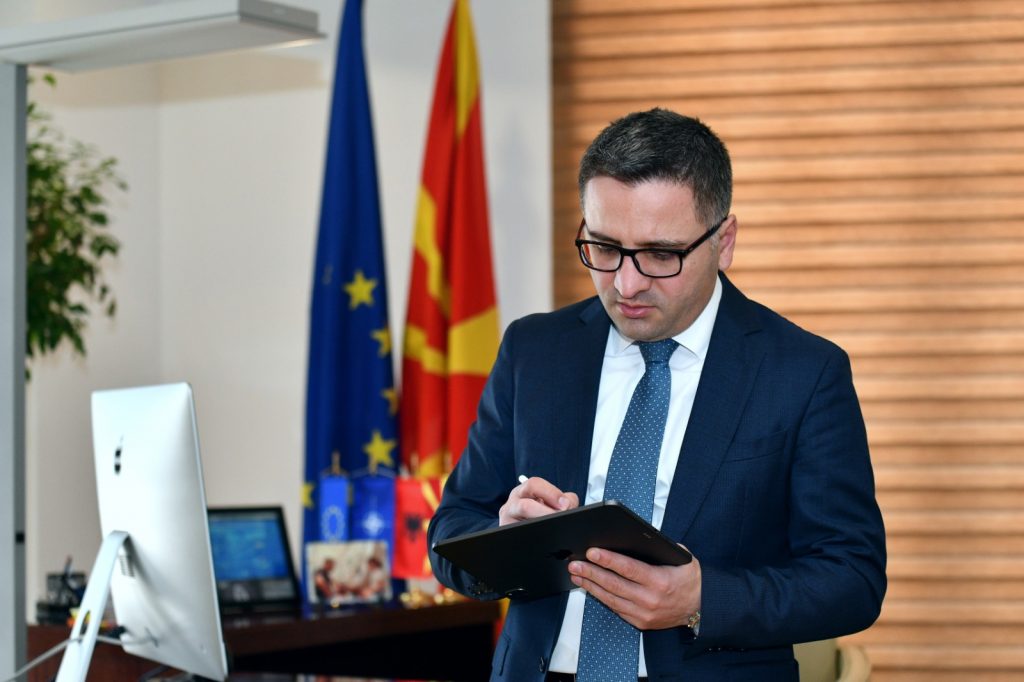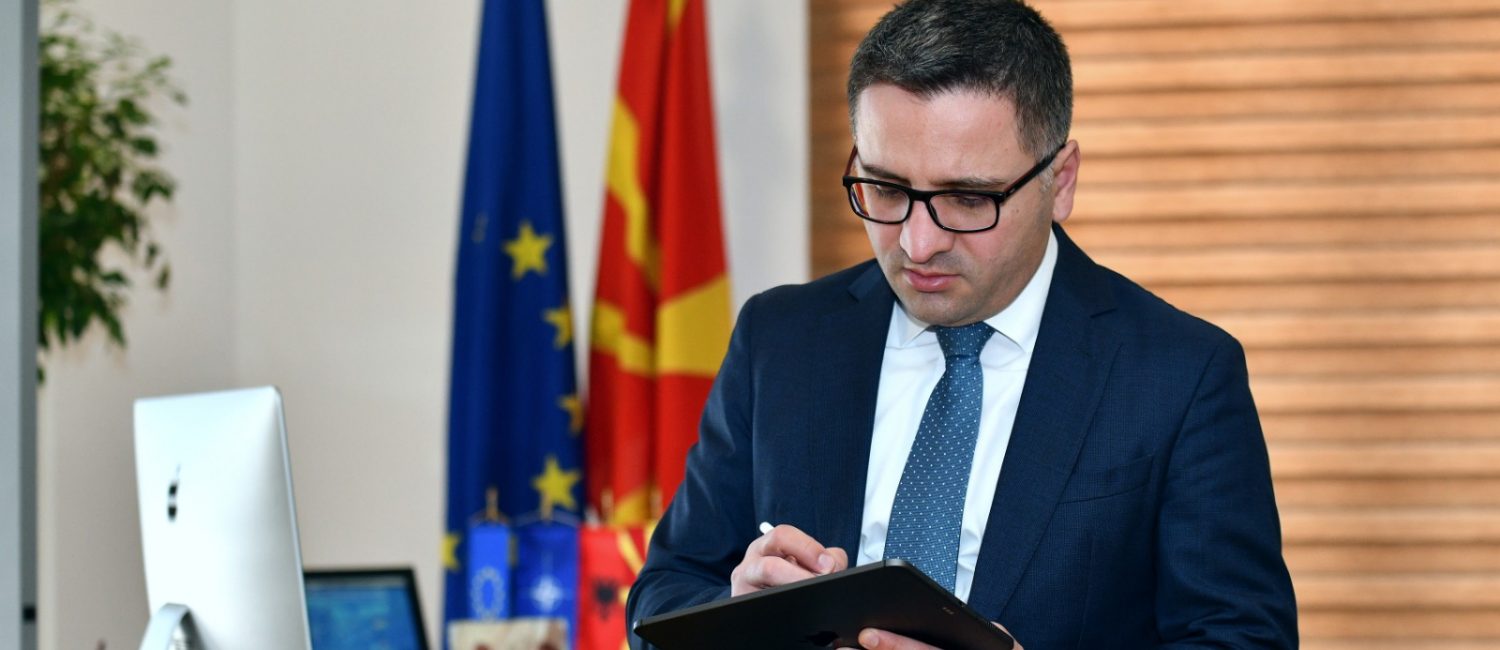11 July 2022, Skopje – Pace of implementing the anti-crisis measures will conform to the economic trends, whereby it is expected for most of them to be in effect in the fourth quarter of 2022. Measures will be put in place for the citizens and the businesses, as well as for support for food price stabilization. At the same time, a prudent policy will provide for both preserving the fiscal space and, most importantly, ensuring maintenance of macroeconomic stability, Minister of Finance, Fatmir Besimi, wrote in his article.

“Under the Supplementary Budget, additional Denar 19 billion is allocated to many categories and objectives so as to absorb part of the crisis effects. Around one third of these funds are projected as a buffer, which will be used for a new set of measures. Further on, additional funds are also allocated as subsidies for the farmers to the end of stimulating the domestic production, with a positive effect on the food prices. As regards the most vulnerable groups, additional funds are allocated as support to cope with the price shocks, and funds are also envisaged for pension increase – systematically, in line with the wage increase and CPI increase. Funds are also projected under the Supplementary Budget for companies’ wage increase subsidies, as well as investment support programs”, the Minister wrote.
Besimi also indicated in addition to the Budget, support to the citizens and the business sector to cope with the energy crisis and the inflation is also provided in the form of favourable loans from the European Bank for Reconstruction and Development (EBRD) in the amount of EUR 100 million to preserve ESM’s (Power Plants of Macedonia) liquidity so as to absorb the price shock on the regulated market, i.e. subsidizing the electricity bills of the households. Funds are also available from the European Investment Bank in the amount of EUR 100 million to support the business sector through favourable and interest-free credits, with the commercial banks also participating through the Growth Acceleration Plan model with additional EUR 100-200 million. Moreover, the existing measures are already included in the Supplementary Budget, such as the reduced VAT on electricity for households, VAT refunds in the amount of Denar 2.2 billion to the citizens under the “MyVAT” Project and other measures being systemically set, helping the vulnerable categories in times of crisis, such as guaranteed minimum income and other active labour market measures, including the new methodology that provides for indexation (increase) of pensions and minimum wage to inflation and price increase, all to the end of protecting the living standard and the integrity.
Besimi underlines that even with the crisis, the expanded development component of the Budget is kept, with Denar 32.1 billion as capital investments which, despite the downward revision under the Supplementary Budget, they are at historic high as yet.
















